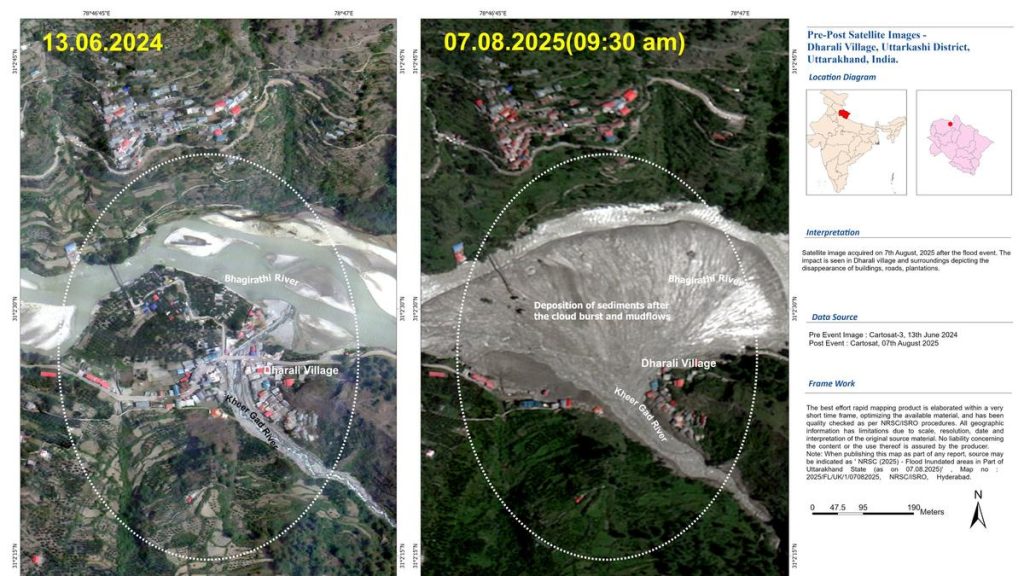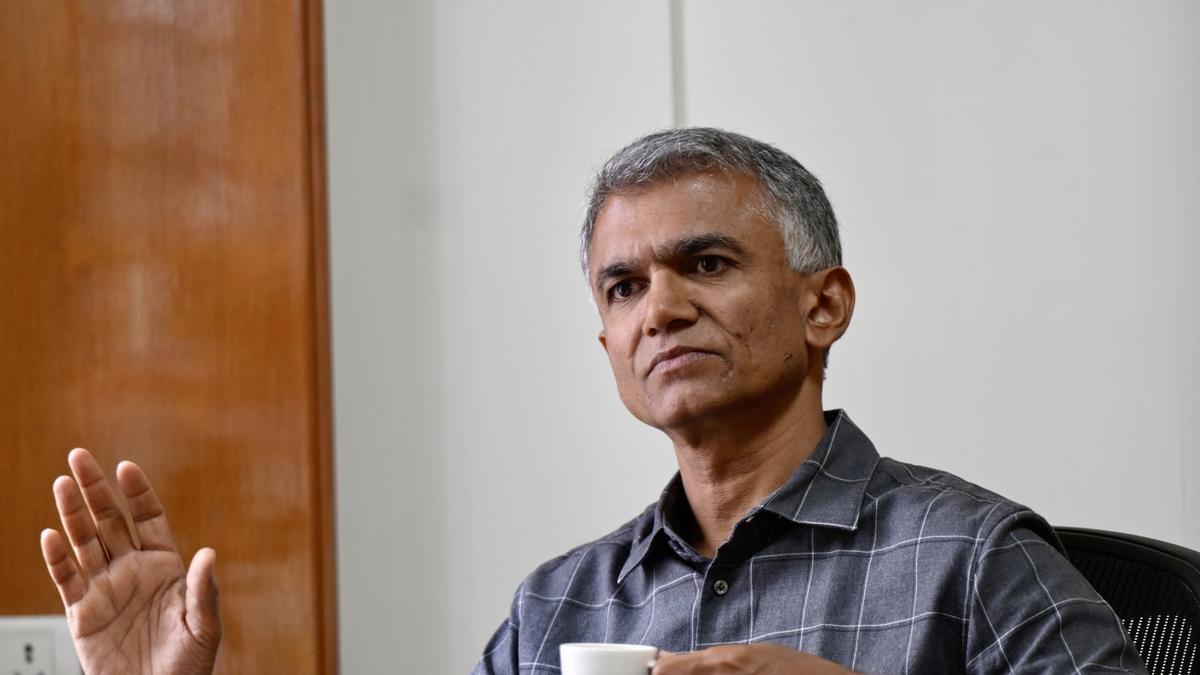Now Reading: Japanese Expert Advocates Community-Based Early Warnings After Wayanad Landslides
-
01
Japanese Expert Advocates Community-Based Early Warnings After Wayanad Landslides
Japanese Expert Advocates Community-Based Early Warnings After Wayanad Landslides

Rapid summary
- Prof.Rajib Shaw from Keio University, Japan, has called for embedding early warning systems within communities and schools to improve disaster preparedness in India.
- The recommendations follow a study of the Wayanad landslides (July 30, 2024), which claimed nearly 400 lives, injured over 200 people, displaced around 7,000 individuals, and caused economic losses estimated at ₹281 crore.
- Factors contributing to the disaster included extreme rainfall (409 mm in 24 hours), deforestation, land-use changes on fragile terrain, increasing tourism pressures on the Western Ghats, and climate change impacts on monsoon intensity.
- Institutional failures such as poor dialog between agencies and lack of disaster literacy among local panchayats contributed to inadequate responses despite technological alerts reaching affected communities.
- The report emphasizes transforming schools into early warning nodes with teachers serving as disaster-awareness ambassadors and students acting as information disseminators to bridge gaps in evacuation coordination.
- prof. shaw highlighted three key pillars for successful warning systems: accurate information delivery; community awareness about hazards; and clear evacuation mechanisms.
Indian Opinion Analysis
The wayanad tragedy underscores that effective disaster management requires not only advanced technology but also cultural shifts toward grassroots preparedness mechanisms. Prof. Rajib Shaw’s proposal to make schools focal points for early warnings aligns logically with India’s need for decentralized systems that empower communities rather than relying solely on institutional frameworks riddled with delays.
India’s ecological challenges – especially in regions like Kerala – demand urgent adoption of localized approaches integrating scientific insights into actionable community plans. Adapting global best practices like Japan’s school-led drills could help strengthen resilience against escalating climate-induced disasters across vulnerable areas nationwide.Ultimately, fostering awareness among citizens alongside infrastructure reforms is pivotal in mitigating future calamities while balancing developmental pressures on sensitive ecosystems like the Western Ghats.
Read more: The Hindu
























